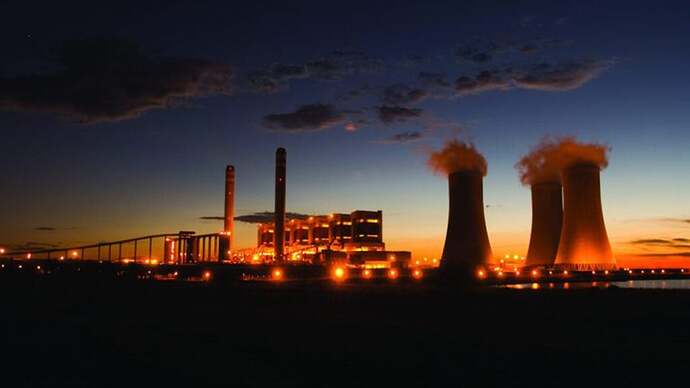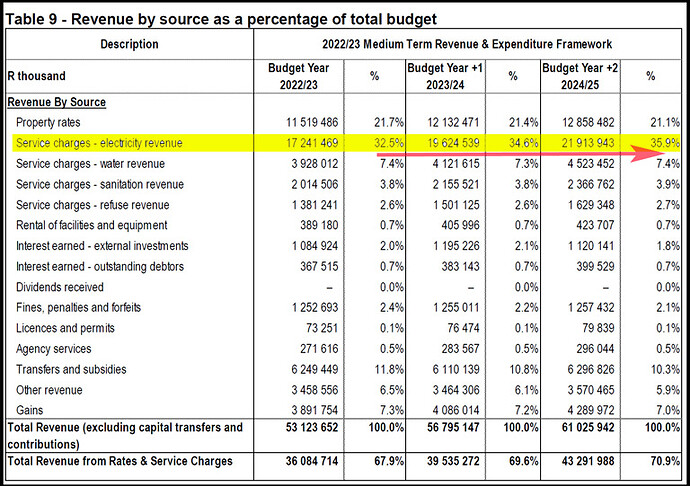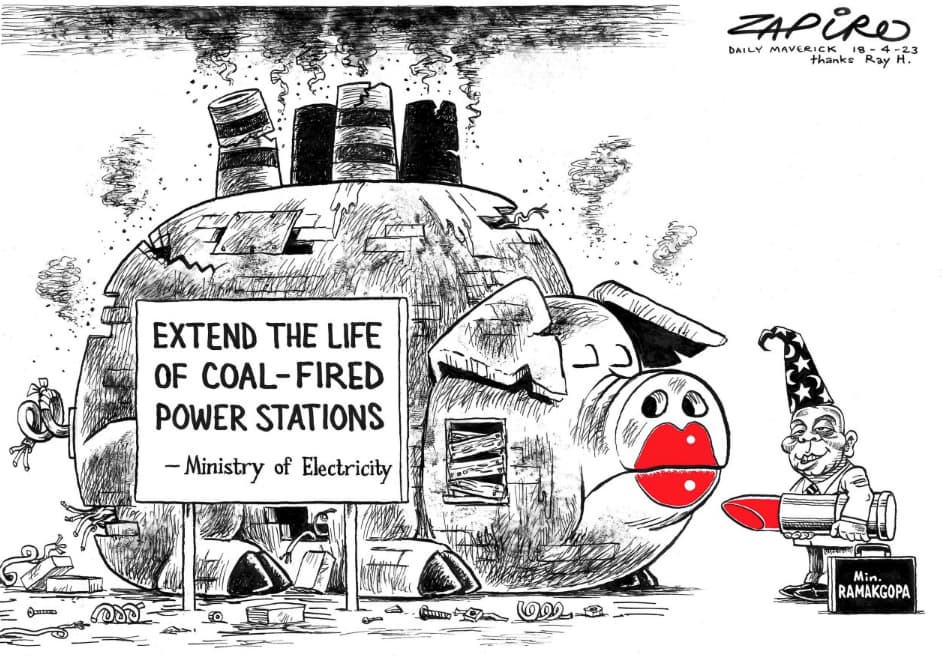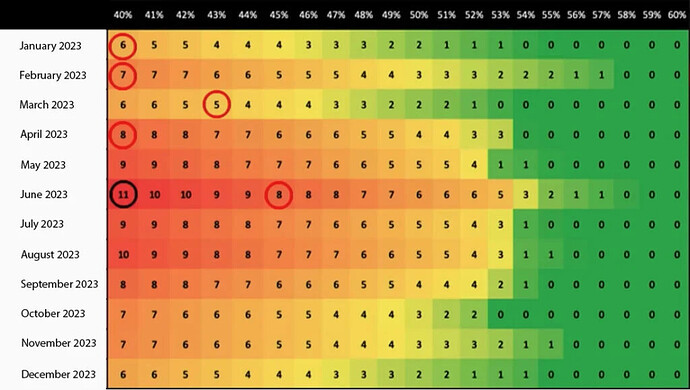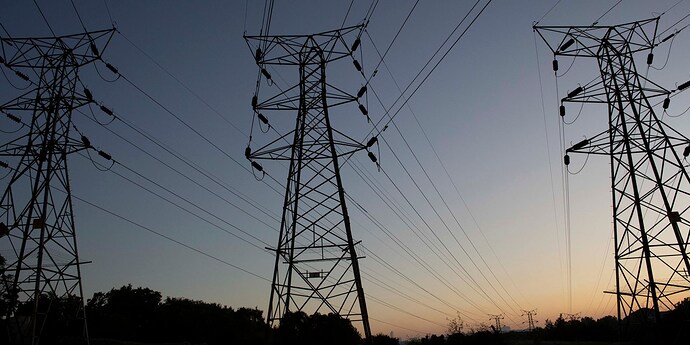He’d have to fake the invoice and the rest of the paperwork though. Which is tax fraud. Even if I am all nice and keep the invoice, and hand it to the new owner (you know, for warranty purposes), it will have my name on it.
The Americans have an interesting ground rule: No taxation without representation. Of course that has a historical precedent (they were telling the British that paying taxes, but not having a say is rather unfair), but I think the principle remains. If I am taxed on this… what good do I (or the public) get out of it?
I still think that it is far more likely that the “availability fee”, or the connection charge, or whatever it is called, will be adjusted. The inevitable end of this is a cost-reflective tariff where you pay for the connection at the beginning of the month, and then for consumption separately. Larger connections pay more, smaller connections pay less. The overall cost of delivery is shared by all those who use it.
The guy with the solar system then pays for a connection he hardly uses… but that is completely fair, because that’s what it costs. You want that backup, be prepared to pay for it.
Any tax beyond that will almost inevitably end up as a kind of double taxation (the income generated from the household or business that uses that energy is already taxed), or taxation without a clear returned benefit.
The mention of taxes on dams also made me do some research. Still haven’t found the exact text for this, but it seems there are different schedules for water use. The moment you’re using large amounts of water for commercial purposes, creating effluent, damming up rivers, extracting ground water close to a large storage dam or river… then you need a license. For normal water use, including drinking, cleaning, livestock… you don’t need to register anything. In some municipalities a bylaw may require you to register your borehole. Again, there appears to be a principle that taxes and/or registration costs arise when your activities starts to infringe on those of others.
I cannot really see a similar infringement in the case of generating your own electricity. Loss of sales is not an excuse. Selling electricity to me is not some kind of right. Receiving money for the service you provide is.
![]()
